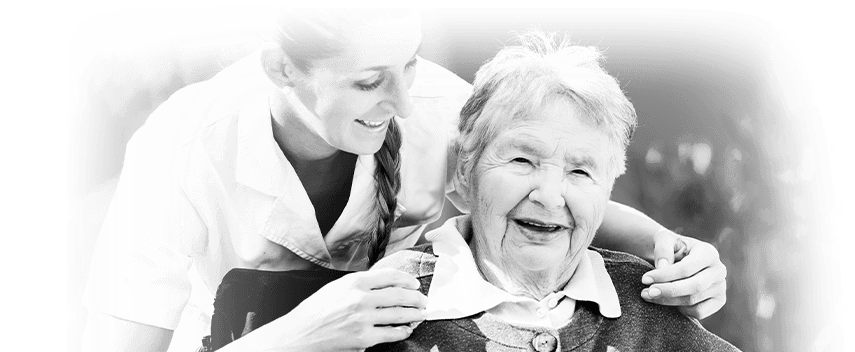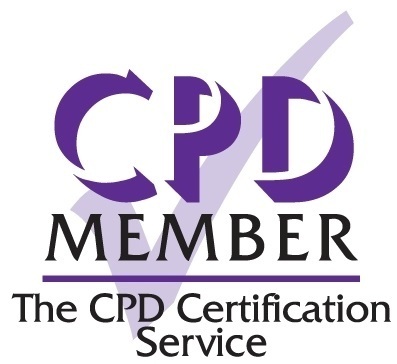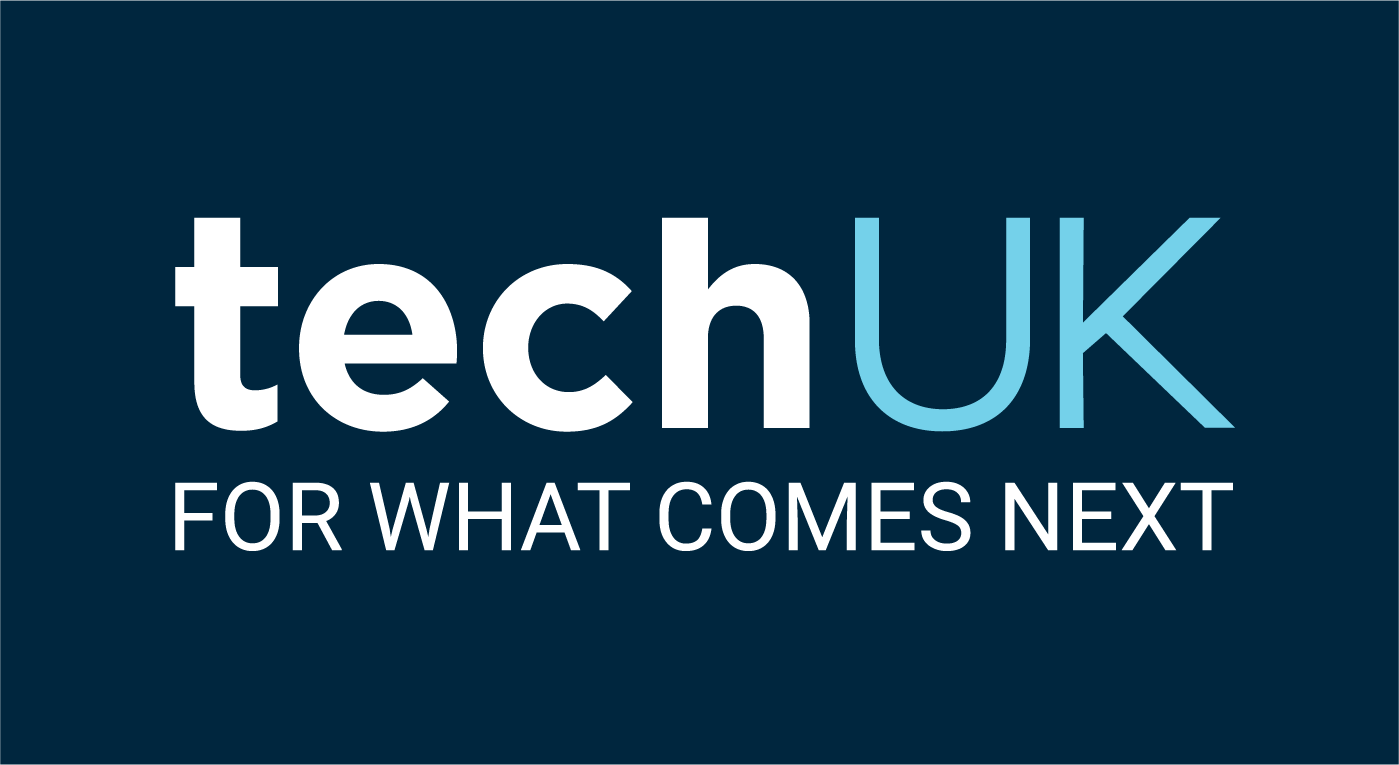
EPR implementation and the 5 critical paths
There are 5 critical paths required for a successful EPR implementation and many potential blockers […]

These days most digital health programmes, large or small, allow time and resources for training. At Ideal Health, we also find that there is effort being made to manage change, although this can differ from Trust to Trust and Programme to Programme.
What we do find is that training on its own is not enough. Training is one of the many tools available to prepare staff for change and achieve good levels of adoption, but it has to be complemented by strong change management.
Digital healthcare training can present a number of challenges for NHS Trusts:
These challenges mean that Trusts often prefer to go down a hybrid approach blending e-learning and face-to-face learning. To achieve high levels of adoption, we need more than just a training programme. Training needs to be paired with a Change Management Programme.
Level one: Classroom Training – Traditional classroom training allows staff to take time out of their clinical duties to dedicate themselves to training. In a classroom, they can learn alongside their peers and have the opportunity to ask contextualised questions, to help anchor the new ways of working. This is also an opportunity for the trainer to check that staff are keeping up and to identify those that need additional support.
Level two: Classroom Training with E-learning – At this level, Trusts can look at how they can modularise some of the content and remove the need to attend in person for all learning. E-learning can be used to replace or prepare for classroom training and allows refresher learning, as it can be repeated prior to go-live. New tools, including contextualised simulated learning and gamification, allow e-learning to be a lot more interactive and promote a more engaged way of learning, as well as reinforcing ability.
Level 3: Classroom Training & E-learning with Communications – This level includes classroom and e-learning training complemented by the basics of change management: communicating with staff about the changes ahead. Explaining the vision, case for change and the “what’s in it for me” to drive the “desire” for the change at a personal level. Ultimately good communications and strong engagement support a smoother training delivery, as staff arrive at training already prepared for it.
Level 4: Classroom Training & E-learning with Communications and Change Interventions – This level moves the change management scope wider than communications by using tools such as a change network, which can be used to gather and share information about the change. A network used to its full potential acts as two-way communication – finding out and feeding back on people’s concerns and areas of resistance, and contextualising the changes to each department. This allows the change team to tailor the change interventions to the needs of the specific individuals and teams, creating a more agile continuous improvement approach.
Level 5: Classroom Training & E-learning with Communications, Change Interventions and Operational Ownership – At this level operational ownership is added as a key part of the Change Management approach. In our experience at Ideal Health, this is where we see an excellent leader or key sponsors at every level of the organisation, starting from the top, driving that cultural change. It means that everyone is aware and feels supported through the change. This helps to achieve those good levels of adoption.
Training is a pivotal part of being able to drive adoption and realise benefits, whether related to patient safety, patient experience, staff effectiveness, staff engagement, or return on the technology investment.
Ideal Health use the ADKAR methodology to help individuals move through the five stages of awareness, desire, knowledge, ability, and reinforcement, using tools and measurement methods as below:


Ideal Health’s approach to change management focuses on the seven key drivers of successful change, with Sponsorship and Leadership being the most important. We can support Trusts to deliver these throughout the lifecycle of a programme.
Coupled with extensive experience of delivering complex training programmes, Ideal Health is the perfect digital health partner to support you with your learning and adoption programme.
More information on how change management enhances training and drives adoption can be found in our HTN Webinar. Click here to see the full session.

There are 5 critical paths required for a successful EPR implementation and many potential blockers […]

There are many challenges in data validation in the mental health space, with the need […]

Effective communication and engagement are critical to any change programme. What does that mean in […]
“The E-Learning Development Manager from Ideal worked closely with my Training team to develop e-learning content for Maternity. The modules delivered were concise, thorough, and easy to absorb. The structure was clear, logical and effective, and included elements of interactivity and video. There has been a lot of praise by the SMEs and staff regarding the high quality of the work produced on a very complex specialty. I found working with Ideal to be a very positive experience. I would highly recommend for any related work”
“For the implementation of our EPR+ programme, the Trust needed a partner who we were confident could help us successfully deliver the system. Ideal demonstrated an approach which married up to our requirements”
“Ideal has an excellent reputation as a top-class training provider working exclusively in the health sector. With their experience and demonstrable track record in delivering IT training solutions to NHS organisations, Ideal was the clear choice for BT and Connecting for Health”
“Ideal's Digital Maturity review has enabled us to refocus our Digital and Data Strategies post-Covid, appreciating which shared and individual activities could support our ambitions for digital healthcare in our area. We are now taking the recommendations forward via a series of workshops across ICS partners to reprioritise and plan our next phase of activities”
“Ideal made a big difference. By using Ideal as the foundation of our floorwalking support, and augmenting this with Trust staff, we were able to ensure a constant, capable presence with our end-users 24/7. This would not have been possible without Ideal and reduced the impact on the wider Trust saving us from having to pause additional activity.”
“Perot Systems has worked with Ideal on provision of floor walking services to support large scale Cerner implementations. The success of the implementations and the smooth execution of the go lives have rested significantly on the success of the services that Ideal Training provide. The staff themselves are extremely knowledgeable in both the product and the NHS operations they support with specialist SME’s provided as demanded”.
“The trainers Ideal provided have been brilliant. They not only provided the highest quality training and feedback, but were always prepared to go the extra mile when needed. Thanks for helping develop a relationship that we can rely on and when we’re looking for capacity to roll out the rest of eRecord we’ll be on the phone. Look after the trainers we’ve had – they’re a great bunch”
"A big shout out to the Ideal Health team for being super friendly, flexible, and approachable. The more we work together, the better it gets. Familiar faces become part of the Go-Live team, learning the geography and culture of the organisation. Including the Ideal Health management team behind the scenes, we always feel fully supported with a "can-do" attitude that helps us make improvements every Go-Live. For those returning for the March Go-Lives, I look forward to working with you again!"
“Ideal demonstrated great agility in supplying experienced support for the Trust’s EPR requirements and mapping exercises. They showed great flexibility in meeting the Trust’s needs, clearly articulating the approach and costs associated. This coupled with advice and experience enabled the ‘As Is’ and ‘To Be’ processes mapping to complete to time and quality”
“The trainers supplied by Ideal did a very thorough job in preparing staff at the Royal Free, including adapting the programme to meet the needs and availability of the consultants. The trainers further enhanced the service by gathering information from the shop floor and feeding back to the training team. We were delighted with the service we received from Ideal”
"Ideal Health contributed towards the success of our Apollo Programme. They provided a team of 100 trainers who collaborated with our programme leaders and trainers to develop training materials aligned to our training strategy. Together, they created 800 engaging e-learning modules and delivered face-to-face training to over 30,000 staff across multiple locations. This comprehensive approach ensured that our workforce was well-prepared for the Epic programme's go live."
“Ideal were a valuable partner as we engaged operational teams to translate our high-level ambitions into a meaningful vision and digital objectives. Their impartiality and customer focus meant they were able to communicate clearly with colleagues, identify common problems, and sensitively move past stress and ‘pet peeves’ to get to the heart of the difficulties our teams were experiencing in accessing the right information day to day”
“We recognised the enormous impact a good floorwalking team has on the success of project implementation. With Ideal Training’s previous track record and experience in Cerner implementations, we felt confident in the service offered and would certainly consider working with them in the future”
“We were most impressed with the calibre of floor walking staff supplied by Ideal. They were highly professional in their approach and demonstrated a fully comprehensive understanding of the system”










